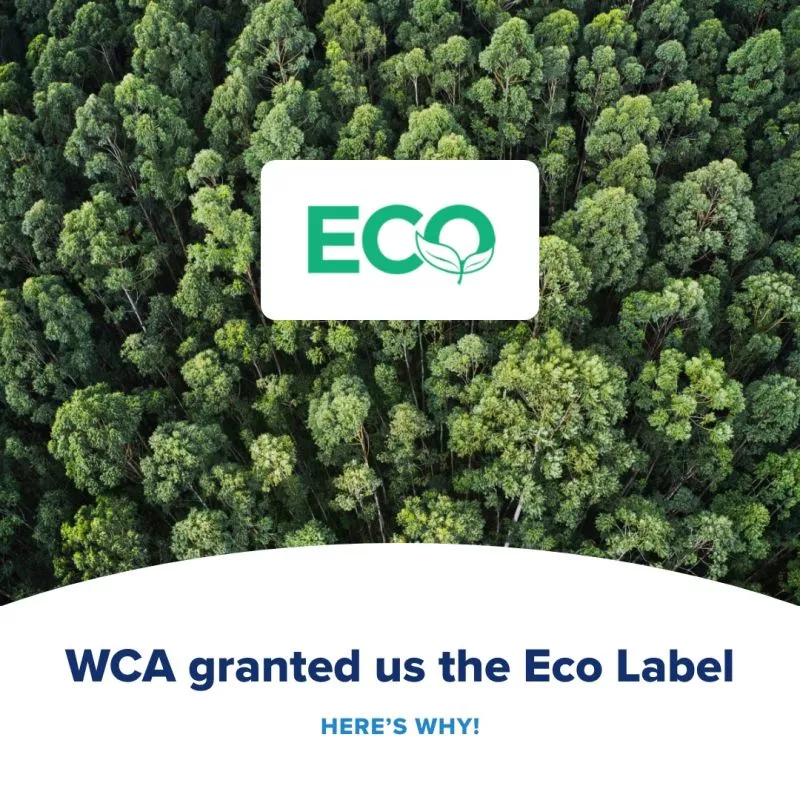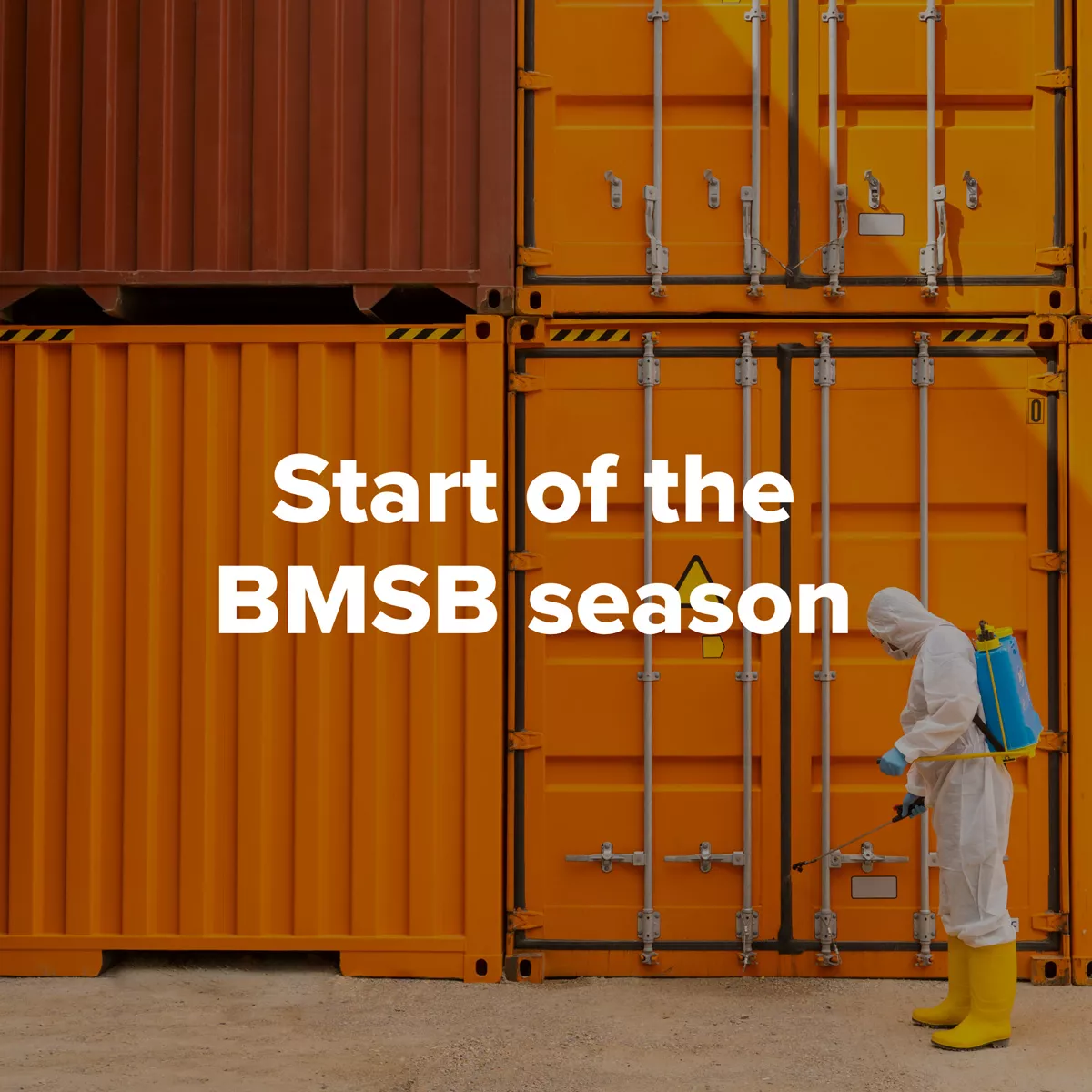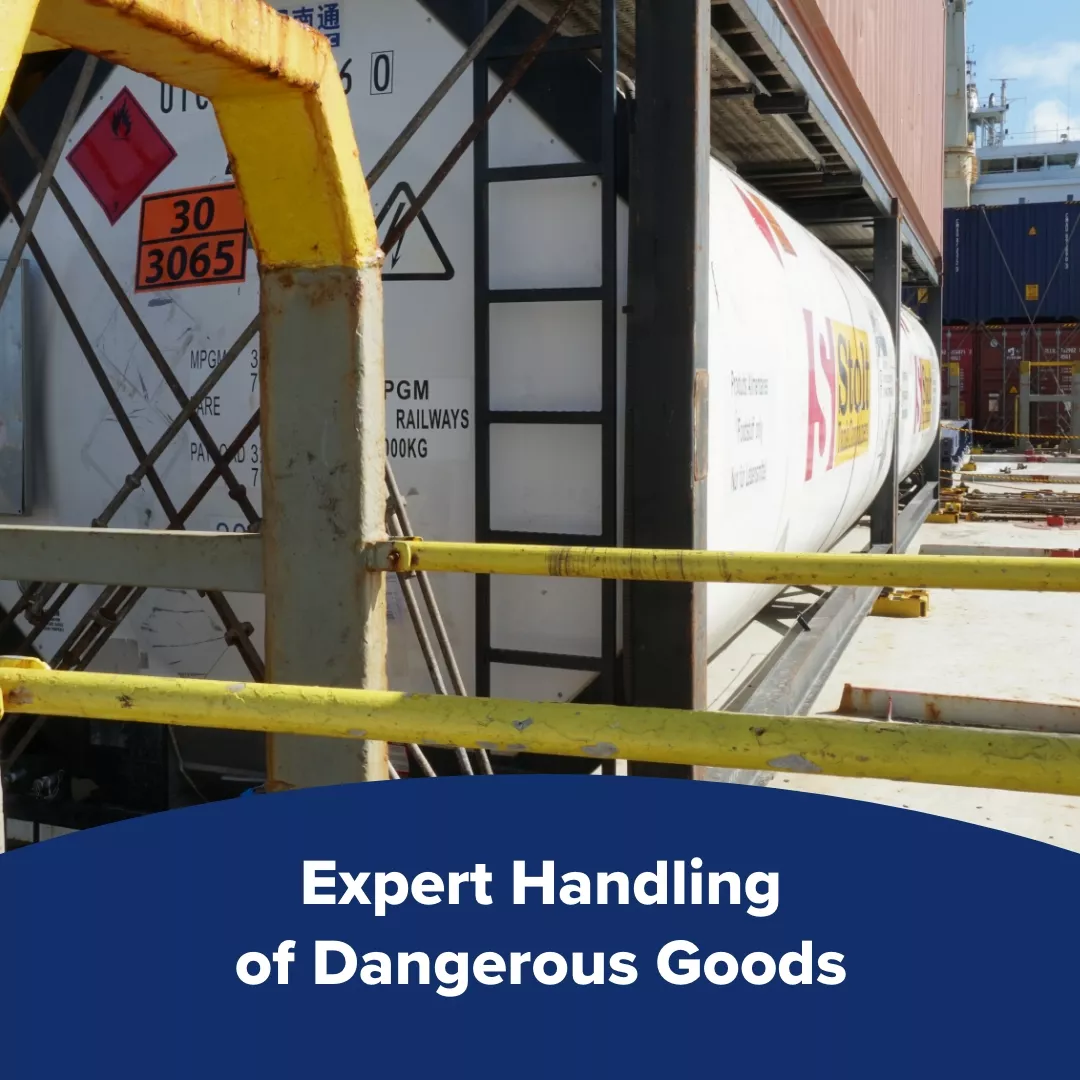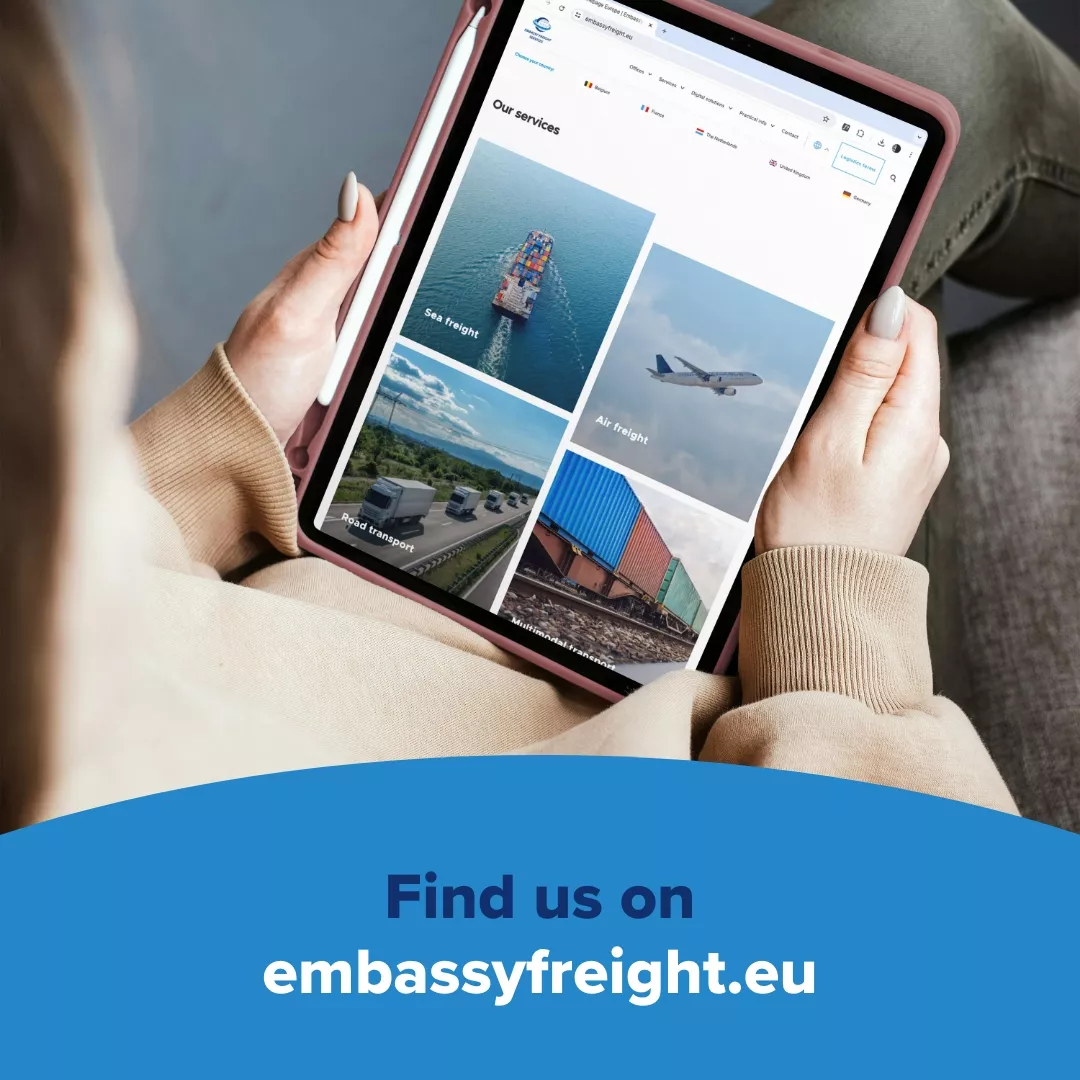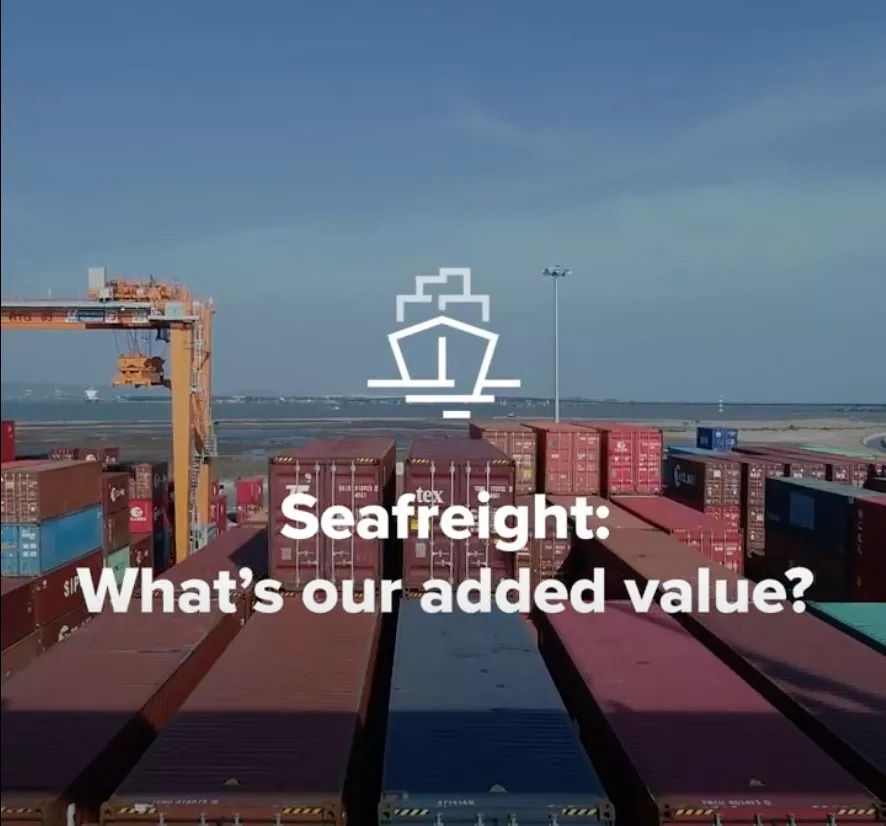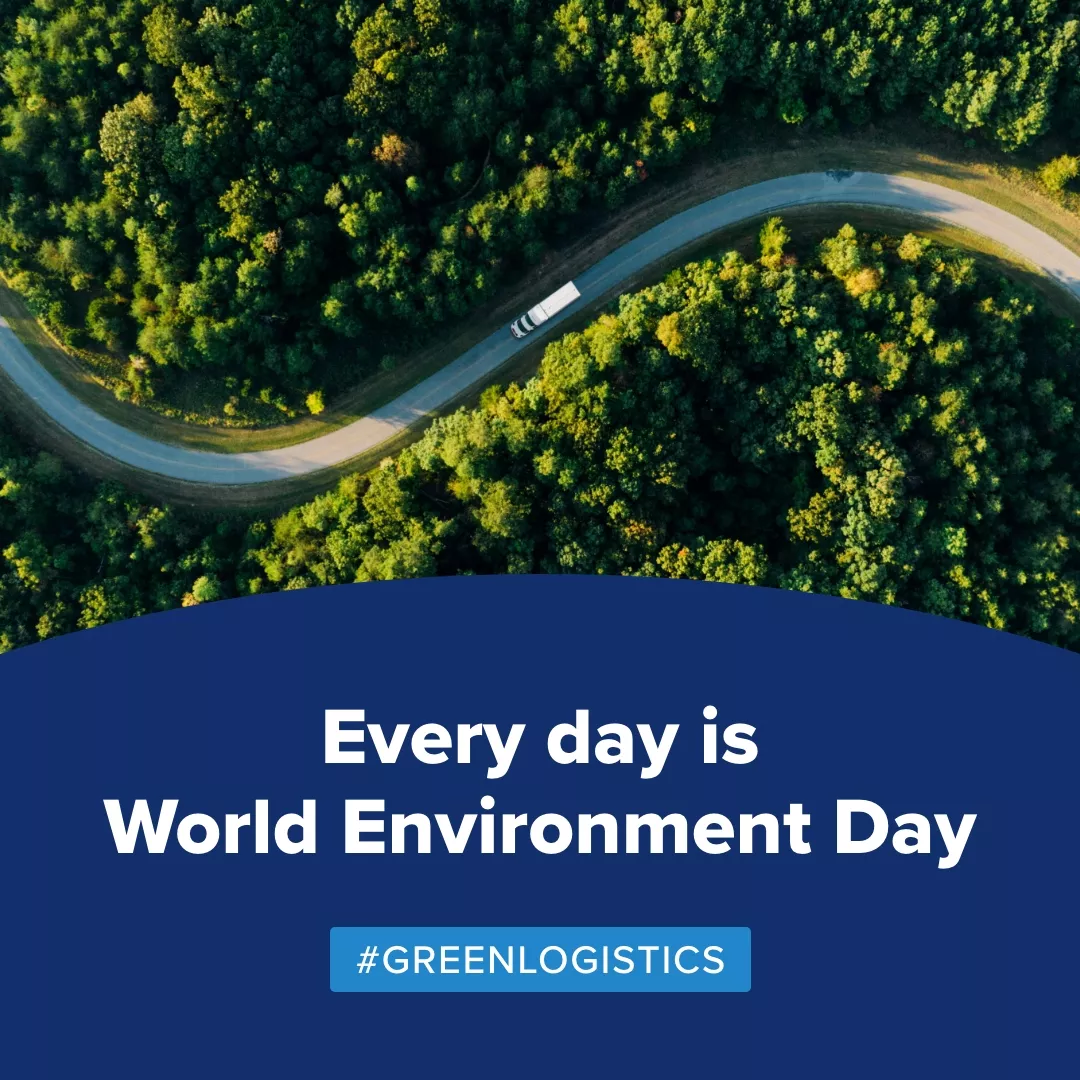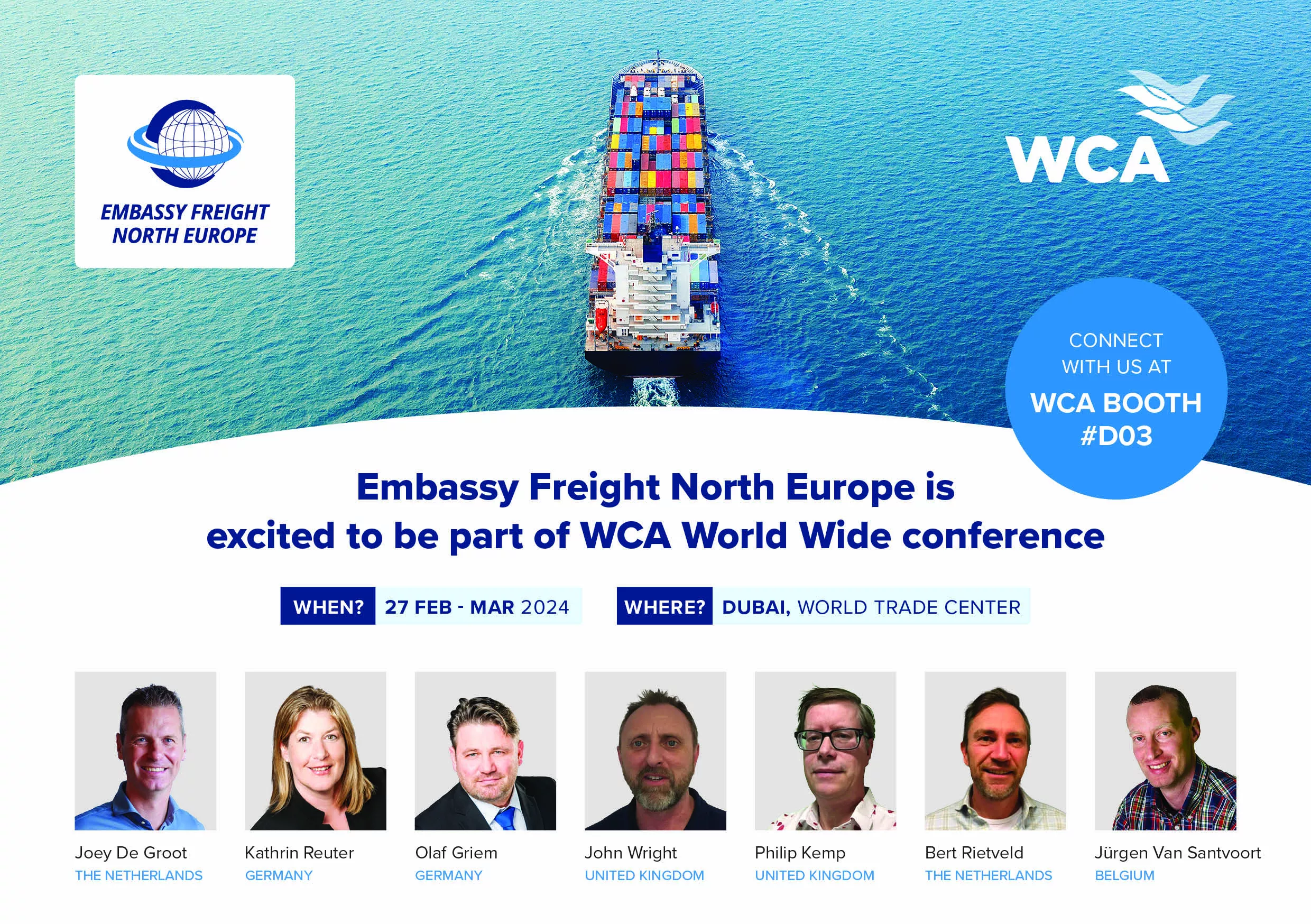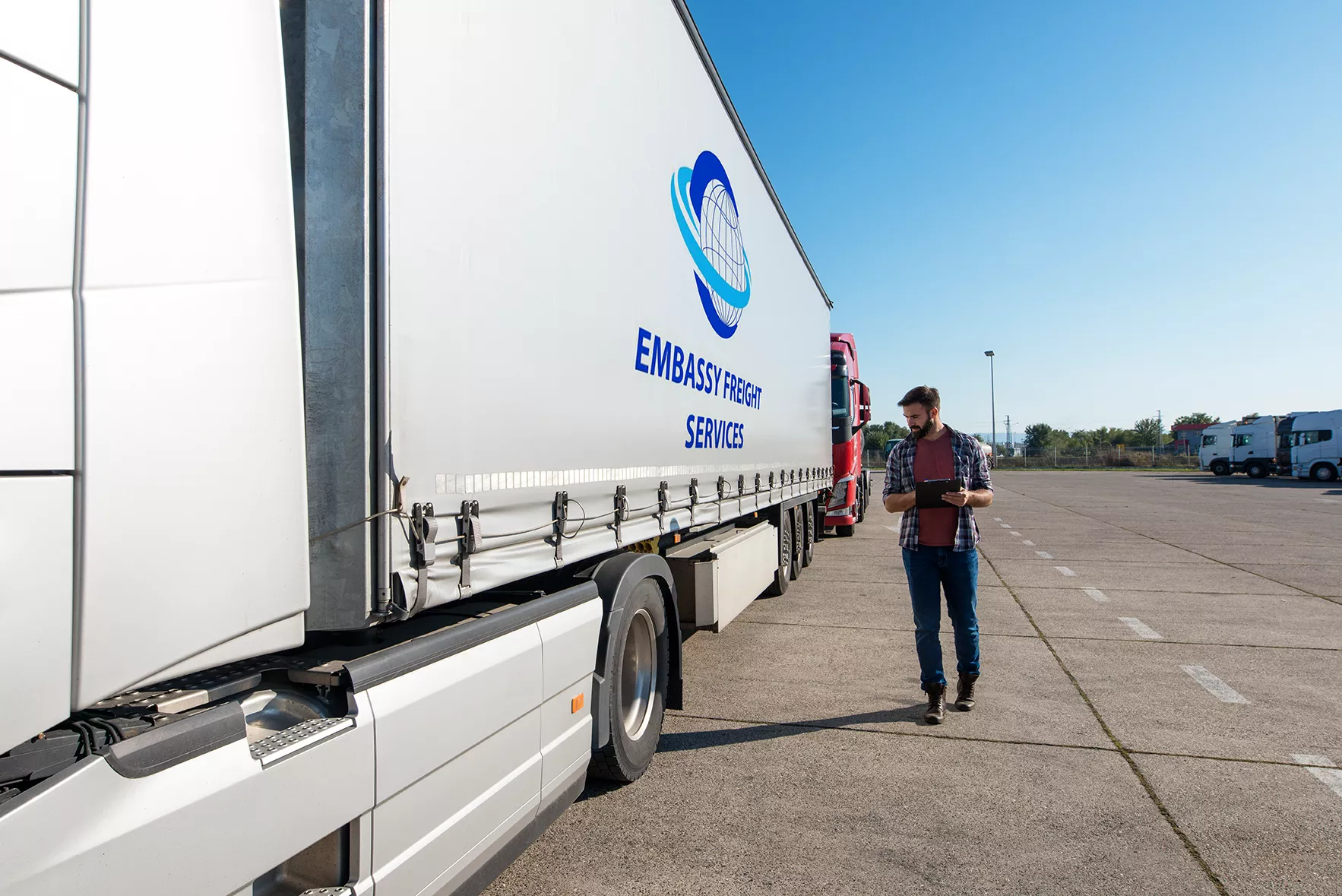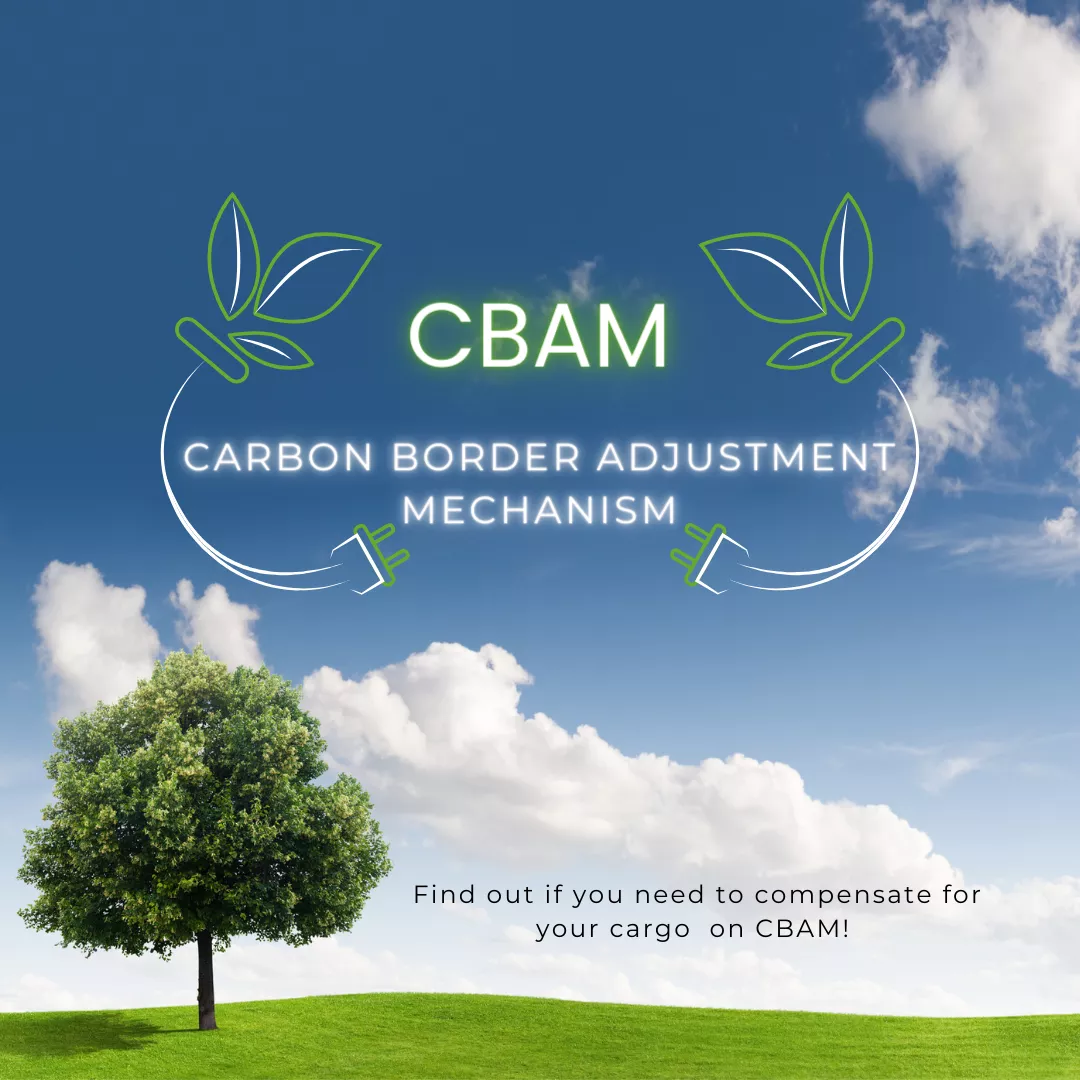Why FCA Incoterm Outperforms EXW
Key Advantages for Your Logistics
Selecting the right Incoterm is crucial for seamless logistics operations. In this post, we explain what Incoterms are and how choosing the right type can significantly impact the efficiency of your shipping process.
First of all: what are Incoterms?
Incoterms, short for International Commercial Terms, are a set of standardized trade terms published by the International Chamber of Commerce (ICC). These terms are widely used in international and domestic trade contracts to clearly define the responsibilities, costs, and risks associated with the delivery of goods between sellers and buyers.
11 types
There are 11 Incoterms, divided into two main categories based on the mode of transport. For Any Mode of Transport: EXW (Ex Works), FCA (Free Carrier), CPT (Carriage Paid To), CIP (Carriage and Insurance Paid To), DAP (Delivered at Place), DPU (Delivered at Place Unloaded), DDP (Delivered Duty Paid) For Sea and Inland Waterway Transport: FAS (Free Alongside Ship), FOB (Free on Board), CFR (Cost and Freight), CIF (Cost, Insurance, and FreightWe will focus on two popular choices: FCA (Free Carrier) and EXW (Ex Works).
Why FCA outperforms EXW
Each Incoterm comes with specific implications for how transactions are managed, and selecting the right one is crucial for ensuring smooth and cost-effective trade operations. Two popular choices when it comes to Incoterms are FCA (Free Carrier) and EXW (Ex Works). When it comes to international shipments, we believe FCA is the better choice. Here’s three reasons why.
- Clearer Transfer Point of Responsibility
With FCA, the seller is responsible for delivering the goods to a named place, such as a carrier or a freight forwarder, which simplifies the transfer of risk. This defined point of responsibility reduces ambiguity about when the risk and costs shift from the seller to the buyer, leading to smoother transactions and fewer disputes. - Better Control over Transportation
FCA offers superior control over transportation logistics compared to EXW. Under FCA, the seller is responsible for arranging and paying for the transport to the named place, which often results in more streamlined operations and better coordination. - Simpler Customs Clearance
Customs clearance can be one of the most challenging aspects of international shipping. FCA simplifies this process by ensuring that the seller handles export procedures up to the named place. In contrast, EXW places the entire responsibility for customs clearance on the buyer, which comes with more paperwork and regulatory requirements. In summary FCA Incoterm offers clearer responsibility transfer, better control over transportation, and simpler customs clearance compared to EXW. These advantages make FCA a more efficient and reliable choice for international shipments, helping you manage costs, mitigate risks, and streamline your logistics operations.
Contact us to learn more about how FCA can benefit your logistics operations!
#Logistics #SupplyChain #Shipping #Freight #FCA #EXW #InternationalTrade #CustomsClearance #EmbassyFreight
Read other Posts
See what we specialize in and how we do it







